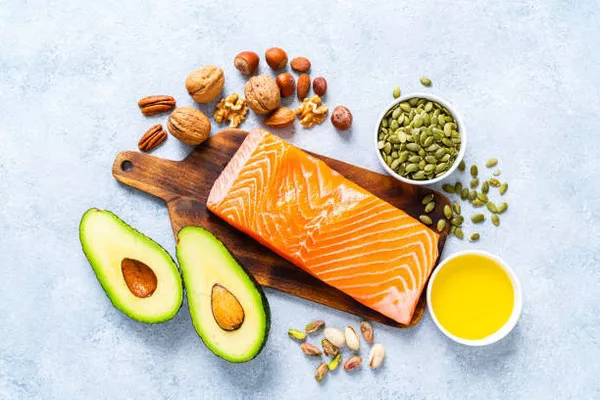Researchers at the University of California, San Francisco (UCSF), have made a groundbreaking discovery regarding the ketogenic (keto) diet’s potential to alleviate symptoms of multiple sclerosis (MS) and other autoimmune diseases. The study, published in Cell Reports, reveals that the diet not only alters the immune system but also influences the gut microbiome in ways that could benefit individuals with MS.
The keto diet, known for its severe restriction on carbohydrate-rich foods while allowing unlimited fat consumption, has been suspected to calm overactive immune systems. UCSF scientists have now provided evidence that the diet induces the gut and its microbes to produce two factors that can reduce MS symptoms in mice.
When carbohydrates are limited as in the keto diet, the body turns to fat for fuel, producing ketone bodies. One such ketone body, β-hydroxybutyrate (βHB), was found to be particularly significant in the study. Mice that produced more βHB experienced less severe MS symptoms. Furthermore, βHB stimulated the gut bacterium Lactobacillus murinus to produce indole lactic acid (ILA), which inhibits the activation of T helper 17 immune cells, implicated in MS and other autoimmune disorders.
Led by Peter Turnbaugh, PhD, of the Benioff Center for Microbiome Medicine, the team observed that mice unable to produce βHB in their intestines had more severe inflammation. However, supplementing their diets with βHB led to improvements. The researchers then isolated bacteria from mice fed the keto diet, a high-fat diet, and a βHB-supplemented high-fat diet, identifying L. murinus as the source of the positive immune effects.
These advanced techniques confirmed that L. murinus produced ILA, which is known to influence the immune system. When MS mice were treated with either ILA or L. murinus, their symptoms improved.
While these findings are promising, Turnbaugh cautions that the supplement approach must still be tested in humans with autoimmune disorders. “The big question now is how much of this will translate into actual patients,” he said. “But I think these results provide hope for the development of a more tolerable alternative to helping those people than asking them stick to a challenging restrictive diet.”
Conclusion
This study from UCSF opens new avenues for treating MS and other autoimmune disorders, potentially offering a less restrictive alternative to the keto diet. By understanding the interaction between the diet, gut microbes, and the immune system, scientists are closer to developing targeted supplements that could attenuate disease symptoms. As research progresses, the hope is that these findings will translate into effective treatments for those suffering from autoimmune diseases.
Related Topics:
- Artificial Intelligence Shows Promise In Predicting Embryo Health Without Invasive Testing
-
Iron Supplements May Promote Brain Development In HIV Infected Children
-
Research Links Ketogenic Diet With Improving Menstrual Health

